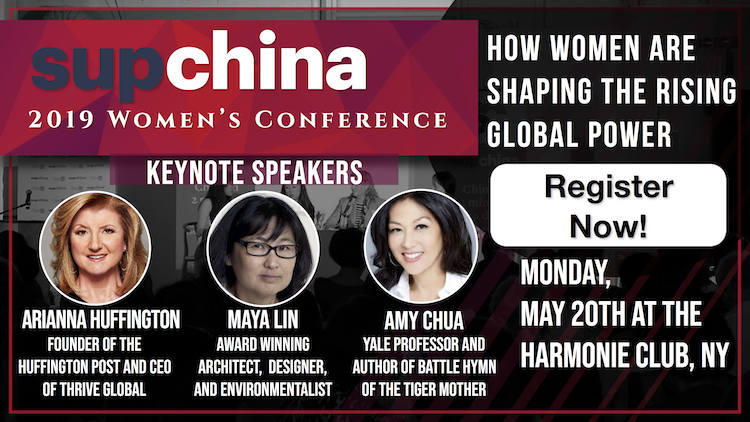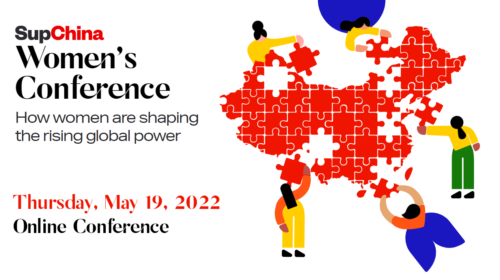Speakers spotlight for The China Project’s third annual Women’s Conference

The China Project’s third annual Women’s Conference is just around the corner. To give you a taste of what to expect, we have published a series of interviews with the speakers, who told us some amazing stories about their careers and their thoughts on a range of topics.
To learn more about the conference and to purchase a ticket, head to this page.
Enjoy reading!
-
Q&A: Rebecca Fannin on China’s tech scene
“The whole work ethic of Chinese entrepreneurs is unbeatable. It’s very fast moving. Some people say the 996 work schedule is common in China [9 am to 9 pm, six days a week], but it’s actually more than 996. It’s 10-10-7 in reality. There is very little work-life balance here. It’s easy to get caught up in the whole tech boom. Once you are in it, it’s hard to stop.” -
Q&A: Ann Hu on being a Chinese-born filmmaker and foreign film distribution in China
“I absolutely love making films. But this is probably the toughest profession I ever had. It is actually harder than the total sum of all my past professions combined. My advice, if any, is to prepare for real hard work, to create solid projects, and to be the builder to get it done.” -
‘The real risk is machine + human’: Jennifer Zhu Scott on the future of AI
“When it comes to fear or concerns to AI, most people still have the binary thinking on machine vs. human. The real risk is, in my view, machine + human. Looking ahead a few decades from now, I’m not particularly concerned too much about human-like artificial general intelligence, but inhuman superintelligence combined with or influenced by human weaknesses.” -
Q&A: Amy Zhang on high-conviction investing and small cap equities
“First and foremost, at the core of what we do is identifying exceptional small companies that have the potential to become successful larger companies. So rather than selecting candidates by market cap, we focus on revenues.” -
Q&A: Roseann Lake on China’s single women shaping the country’s economic future
“But as soon as I found out that they were being called the leftover, I thought that was a very inaccurate representation of what they actually were and what they represented, which was actually great things for China going forward. The fact that China has a growing talent pool of well-educated and ambitious women located in urban areas is actually a good thing for the country.”





